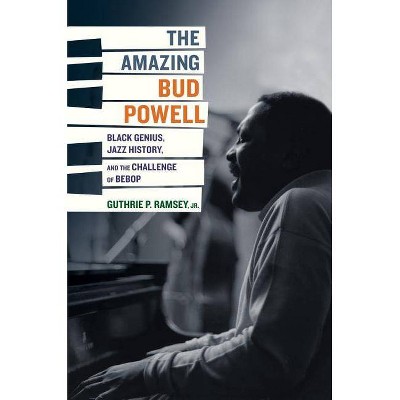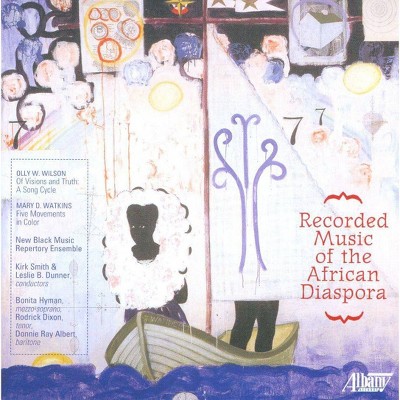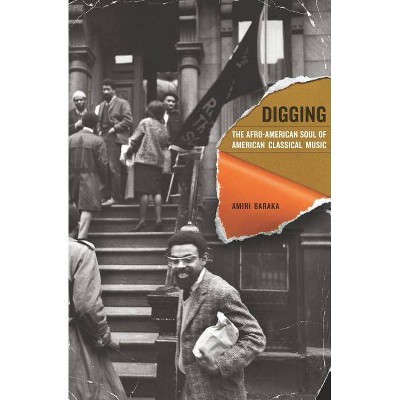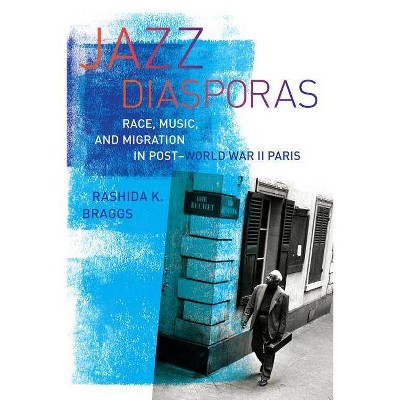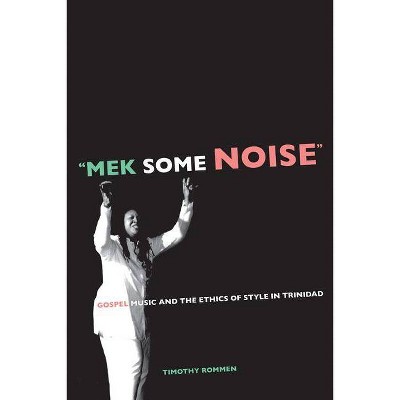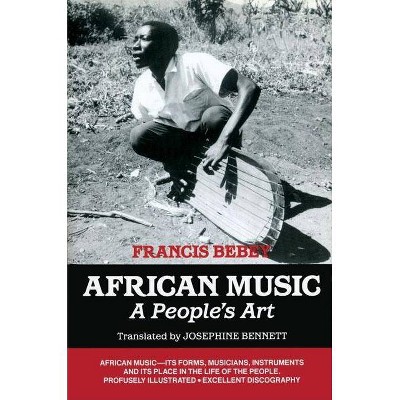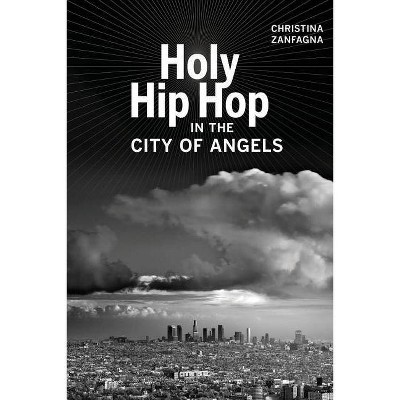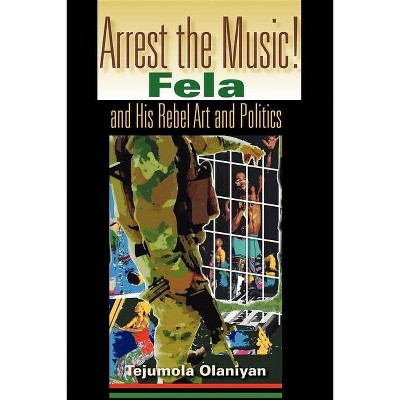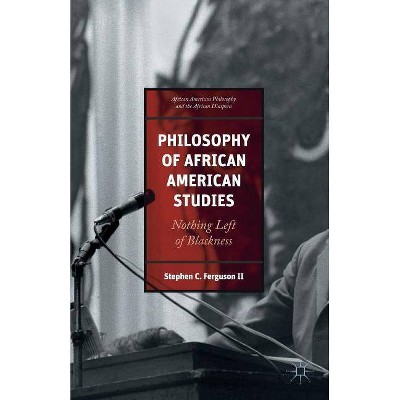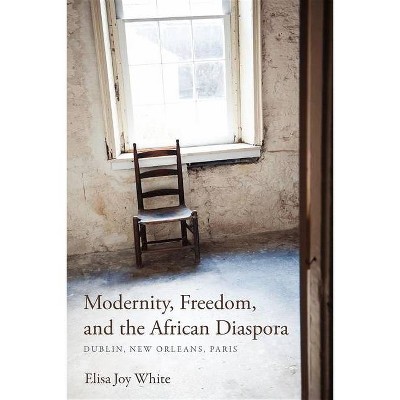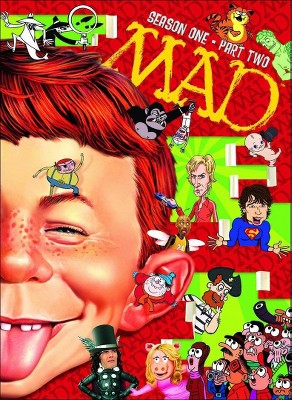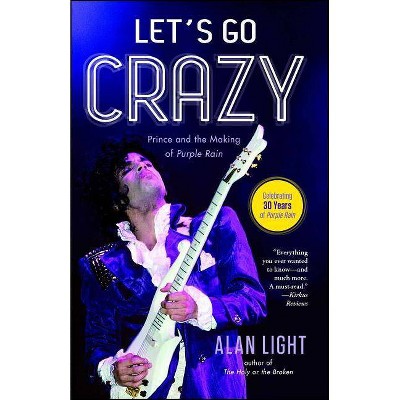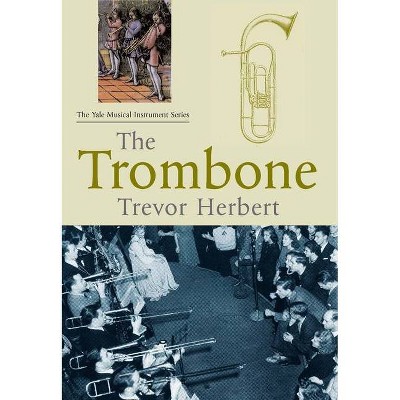Race Music - (Music of the African Diaspora) by Guthrie P Ramsey (Paperback)
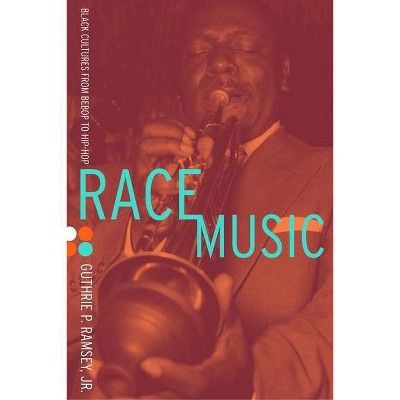
Similar Products
Products of same category from the store
Product info
<p/><br></br><p><b> About the Book </b></p></br></br>This powerful book covers the vast and various terrain of African American music, from bebop to hip-hop. Beginning with jazz, rhythm and blues, and gospel, this book demonstrates that while each genre of music is distinct, each is also grounded in similar techniques and conceptual frameworks identified with African American musical traditions. Photos.<p/><br></br><p><b> Book Synopsis </b></p></br></br>This powerful book covers the vast and various terrain of African American music, from bebop to hip-hop. Guthrie P. Ramsey, Jr., begins with an absorbing account of his own musical experiences with family and friends on the South Side of Chicago, evoking Sunday-morning worship services, family gatherings with food and dancing, and jam sessions at local nightclubs. This lays the foundation for a brilliant discussion of how musical meaning emerges in the private and communal realms of lived experience and how African American music has shaped and reflected identities in the black community. Deeply informed by Ramsey's experience as an accomplished musician, a sophisticated cultural theorist, and an enthusiast brought up in the community he discusses, <i>Race Music </i>explores the global influence and popularity of African American music, its social relevance, and key questions regarding its interpretation and criticism. <br /><br />Beginning with jazz, rhythm and blues, and gospel, this book demonstrates that while each genre of music is distinct-possessing its own conventions, performance practices, and formal qualities-each is also grounded in similar techniques and conceptual frameworks identified with African American musical traditions. Ramsey provides vivid glimpses of the careers of Dinah Washington, Louis Jordan, Dizzy Gillespie, Cootie Williams, and Mahalia Jackson, among others, to show how the social changes of the 1940s elicited an Afro-modernism that inspired much of the music and culture that followed. <br /><br /><i>Race Music </i>illustrates how, by transcending the boundaries between genres, black communities bridged generational divides and passed down knowledge of musical forms and styles. It also considers how the discourse of soul music contributed to the vibrant social climate of the Black Power Era. Multilayered and masterfully written, <i>Race Music </i>provides a dynamic framework for rethinking the many facets of African American music and the ethnocentric energy that infused its creation.<p/><br></br><p><b> From the Back Cover </b></p></br></br>This work easily makes Guthrie one of the top musicologists of his generation who writes on black music. The scope, depth, and breadth are highly impressive. His criticisms of other scholars are fair. And his treatments of black musical artists in time, in space, and in place are quite illuminating. I know no one else who has his mastery of knowledge over such a broad range of black musical works of different genres and periods.--Cornel West, Princeton University <br /><br />Witty, powerful, smart, opinionated, beautifully written, groundbreaking, and bold. Scholars will read <i>Race Music</i> and debate it for years to come.--Robin D. G. Kelley, author of <i>Freedom Dreams: The Black Radical Imagination</i><br /><br /><i>Race Music</i> is slammin'! Ramsey brilliantly interweaves oral history with his own scholarly readings of jazz, gospel, popular music, and film soundtracks with pathbreaking results. Race Music revolutionizes the way we receive and critique African American popular culture and provides a new context for our understanding of black music and cultural memory. A must read---intelligent, engaging and powerful.--Rae Linda Brown, author of <i>The Heart of a Woman: The Life and Music of Florence B. Price, 1887-1953</i> <br /><br />One of the most engaging, thought provoking and original treatments of black music that I have read. Ramsey seamlessly combines ethnographic research, musicological theory, historical investigation, and personal narrative in a work that is at once rigorous and poetic. Spanning blues, gospel, jazz, rhythm and blues, soul and hip-hop, <i>Race Music</i> offers us the scholarly monograph as jam session-a first-rate intellectual essay whose rhythms, tones, and melodious voice are as captivating as the music Ramsey brilliantly explains and masterfully performs.--Michael Eric Dyson, author of <i>Open Mike</i> and <i>Holler If You Hear Me</i><p/><br></br><p><b> Review Quotes </b></p></br></br><br>"<i>Race Music</i> . . . provides a framework for rethinking the facets of African-American music and the ethnocentric energy that birthed it."-- "Black Beat"<br><br>"<i>Race Music</i> is a powerful study--sweeping and yet scrupulous--of how black communities have transcended time, change, and genre by passing down musical knowledge and tradition between generations that have created a succession of globally influential musics. Equally appropriate for both music and cultural studies collections, this masterwork belongs on the shelves of every academic library."-- "Library Journal"<br><br>"[An] interesting contribution to the ongoing debate on the origins and the specificities of African-American music. . . [that] brings new data and reflections on the interactions between musical creativity and sociopolitical context, as well as on the role of ideology in musical categorization. . . . insist[ing] on the diversity of African-American music . . . [as well as] demonstrating that it has never been stable and homogeneous."-- "Journal of the American Musicological Society"<br><br>"A very interesting treatment of African-American music of the last half of the 20th century."-- "Charleston Post & Courier"<br><br>"By combining an analysis of family dynamics, communal spaces, and intellectual practice, Ramsey offers an important framework and new direction for scholars interested in exploring contemporary black music forms and cultural practices."-- "Journal of African History"<br><br>"Ramsey clearly writes from a deep understanding of the roots of this music; it is comforting to read a critic who isn't afraid to live the subject he breaks down . . . for an understanding of race music and the science of its creation, this book could not come with higher marks."-- "Rain Taxi Review of Books"<br><br>"Through a historical yet anecdotal treatment, Ramsey explores the rich milieu of messages imbedded in black music through the 20th century. His breakthrough is his effort to find the meanings of the music through explorations of memory, history and theory. . . . Ramsey weaves his own rich musical history through the text."-- "Washington Post Book World"<br><br>"To an outsider it is an eye opener to read just how varied the musical scene was in the 1960s in the black experience, just in religious context alone . . . . The idea that it all stems from the blues from the southern states and that the newly migrated black population in places like Chicago simply carried on that tradition--could it be that Afro American music is just a hybrid of all it encounters? These issues and many others are debated in this serious, informative yet very readable volume."-- "Beat Scene"<br><br>"While Ramsey clearly intends <i>Race Music</i> for an academic audience and assumes a body of knowledge both of theory and repertoire only such a group of readers would possess, he drafts his comments in a sufficiently accessible voice so as not to intimidate a less well equipped reader. Part of that accessibility results from the adoption of a kind of call-and-response pattern of his own between the abstractions of scholarly discourse and the concrete illustrations embodied by his "ethno-memoir" and the conversations conducted with his relatives. Therefore, interested readers who wish an instructive and entertaining introduction to the possibilities of popular music studies would benefit from perusing Ramsey's work. It embodies both the virtues and the rewards of the "new musicology," specifically the rearticulation of social experience in the form of musical expression."-- "American Quarterly"<br><br>[Guthrie's] sophisticated understanding of current ethnological, musicological, literary and historical theories--as well as a clear and engaging writing style remarkably free of theoretical jargon--explores a central theme: the 'subjective understanding of black music as shaped continually by community sensibilities.'-- "Publishers Weekly"<br><p/><br></br><p><b> About the Author </b></p></br></br><b>Guthrie P. Ramsey, Jr.</b> is a musicologist, pianist, composer and the Edmund J. and Louise W. Kahn Term Professor of Music at the University of Pennsylvania.
Price History
Cheapest price in the interval: 29.99 on October 22, 2021
Most expensive price in the interval: 29.99 on December 20, 2021
Price Archive shows prices from various stores, lets you see history and find the cheapest. There is no actual sale on the website. For all support, inquiry and suggestion messages communication@pricearchive.us
